Retail’s Resilience Draws Private Capital Back
Northmarq’s Ryan Butler on where and why these investors will be targeting retail assets in 2025 and beyond.

Private capital has been playing an increasingly active role in today’s retail real estate investment landscape. With institutional buyers pulling back in many areas, high-net-worth individuals and smaller private groups are stepping in—drawn to the sector’s income stability and long-term growth potential.
Ryan Butler, regional managing director of commercial investment sales at Northmarq, has seen firsthand how private investors are increasingly interested in entering the sector or strengthening their position within it. In this interview, he shares insights on preferred asset types, geographic hot spots and the financing tactics helping private buyers stay active in a tight lending environment.
Tell us more about the market conditions that have contributed to the rise of private investors in the retail real estate sector.
Butler: Beyond 1031 exchanges and stock market volatility, several factors are driving private investors back into retail. Necessity-based retail has shown resilience post-pandemic, with strong tenant performance and reliable income, making it attractive for those seeking stable, cash-flowing assets. With inflation easing and interest rates stabilizing, some see a near-term window to acquire quality properties before pricing rebounds.
There’s also a growing preference among high-net-worth individuals for tangible, controllable investments over more volatile or abstract options. Additionally, with institutional buyers stepping back in some markets, private investors are finding less competition and more opportunities. Together, these retail trends are fueling renewed private capital activity in the sector.
How are private investors adjusting their hold strategies in today’s market? Are you seeing shorter or longer hold periods, and what’s driving that shift?
Butler: Private investors are generally extending their hold periods in today’s market. In previous cycles, rapid appreciation made it easier to sell quickly and redeploy capital. But with pricing down or flat in many segments, investors are opting to hold assets longer, focusing on stable cash flow while waiting for valuations to rebound. This shift is driven by a combination of slower transaction activity, elevated interest rates, and limited upside on immediate sales. As a result, hold strategies are becoming more income-focused and long-term, with many investors prioritizing asset performance over short-term disposition.
Which retail asset types are attracting the most interest from this investor segment, and what’s driving this demand?
Butler: Private investors are showing strong interest in retail assets that offer long-term income stability, particularly those with creditworthy tenants, extended lease terms and built-in rent escalations. Single-tenant net lease properties, especially those occupied by essential service providers like convenience stores and quick-service restaurants, remain a top choice due to their passive management and reliable cash flow. Additionally, well-located multi-tenant strip centers with daily-needs retailers are attracting attention, especially in high-traffic suburban markets.
This demand is being driven by a desire for predictable income in an environment where interest rates and cap rates remain in flux. With the bond market offering limited returns and public equities proving volatile, many private investors are seeking tangible assets with defensive characteristics. Retail properties with strong tenant performance and low historical vacancy rates are viewed as a hedge against inflation and future economic uncertainty, making them particularly appealing in today’s market.
READ ALSO: Why Investors Are Hungry for Grocery-Anchored Retail
Could you name a few markets where private retail investment has been particularly solid over the past 12 months?
Butler: Private retail investment has remained strong over the past 12 months in states like Texas and Florida, where tax advantages, pro-business policies and continued population growth create an appealing environment for long-term ownership. These states consistently attract both residents and businesses, fueling demand for retail services and supporting tenant performance.
Beyond tax-free states, private capital has also been active in major metropolitan areas across the Sun Belt and Southeast—markets like Atlanta; Charlotte, N.C.; Nashville, Tenn.; and Phoenix—where strong migration and economic expansion are driving consumer spending.
Investors are targeting areas with healthy job growth, rising household incomes and favorable demographic trends, all of which support retail stability and long-term value. These markets often offer more attractive cap rates compared to gateway cities, allowing private buyers to achieve better yield while still investing in growth-oriented regions.
How do investment strategies differ between private and institutional buyers in today’s retail market?
Butler: Private and institutional investors are approaching today’s retail market with distinct strategies shaped by their capital structures and return expectations. Private buyers tend to prioritize long-term cash flow and asset stability, often favoring high-credit tenants, prime locations and long lease terms even if it means accepting lower initial yields. Their focus is typically on wealth preservation, income generation and long-term value creation.
Institutional buyers, on the other hand, are often more yield-driven, with return benchmarks tied to fund mandates or investor commitments. As a result, they may pursue assets with shorter lease terms, lease-up opportunities or lower-credit tenants if the pricing and upside potential align with their target returns.
While both segments are active, private investors generally have more flexibility and a longer investment horizon, allowing them to compete aggressively on stabilized, low-risk assets that align with their income-focused strategies.
What trends are you seeing in how private investors are structuring financing for their retail acquisitions?
Butler: Private investors have notably shifted their financing strategies in today’s retail market. Compared to the previous cycle when CMBS loans were a go-to source, many are now turning to local and regional banks or credit unions to finance acquisitions. These lenders tend to offer more flexible terms, quicker execution and relationship-driven underwriting, which aligns well with the needs of private buyers, who often prioritize certainty of close.
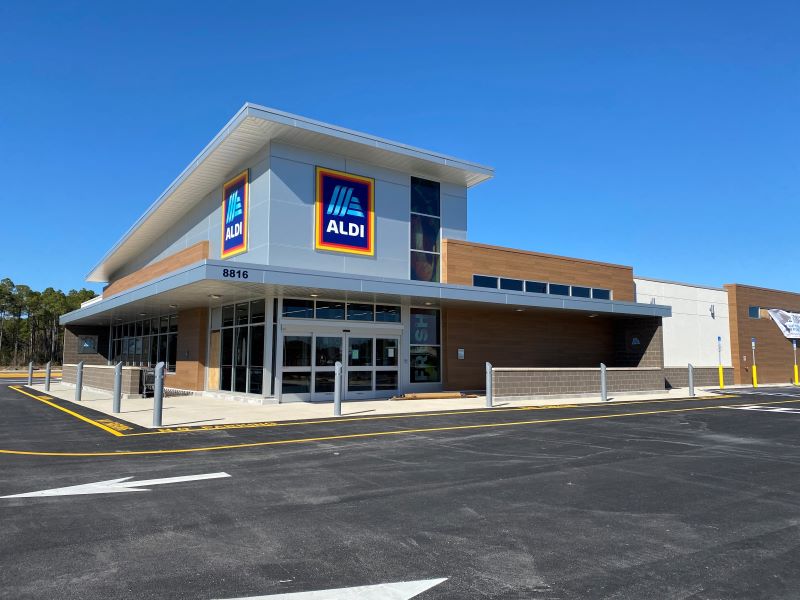
Given the current interest rate environment and tighter lending standards from larger institutions, private investors are favoring financing sources that can structure deals around specific property performance and borrower strength rather than rigid underwriting models.
Some investors are also leveraging partial cash purchases or lower leverage strategies to remain competitive and reduce financing risk. Overall, financing has become more bespoke, with an emphasis on flexibility, speed and long-term alignment over purely transactional debt structures.
What are some of the challenges private retail investors are facing today, and how are you helping them navigate those problems?
Butler: Private investors are navigating two primary challenges in today’s market: securing financing with positive leverage and competing for high-quality retail assets. With interest rates still elevated, it’s difficult to strike the right balance between yield and reasonable leverage, especially on stabilized, lower-cap-rate properties. At the same time, well-located, tenant-strong assets continue to draw intense competition from other private and institutional buyers.
Northmarq is helping clients overcome these hurdles by leveraging our national debt platform and strong lender relationships. We’re working closely with private investors to structure creative, market-responsive financing, often through local and regional banks or life companies that align with their return goals. Our capital markets experts provide real-time insights and strategies tailored to each deal, helping investors stay nimble and competitive. In a market where execution and certainty matter more than ever, our integrated approach ensures private buyers are positioned for long-term success.


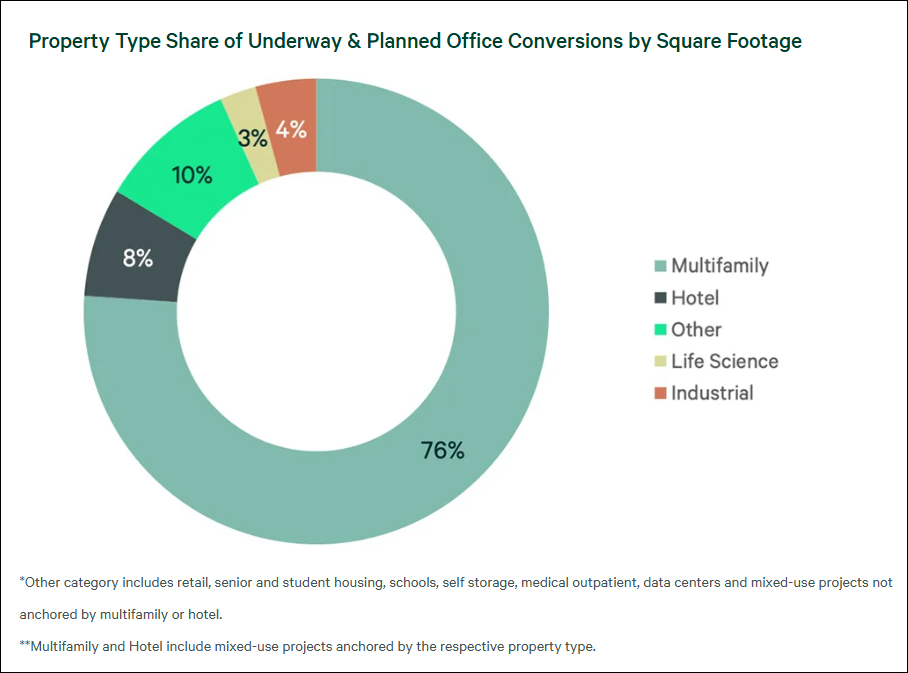
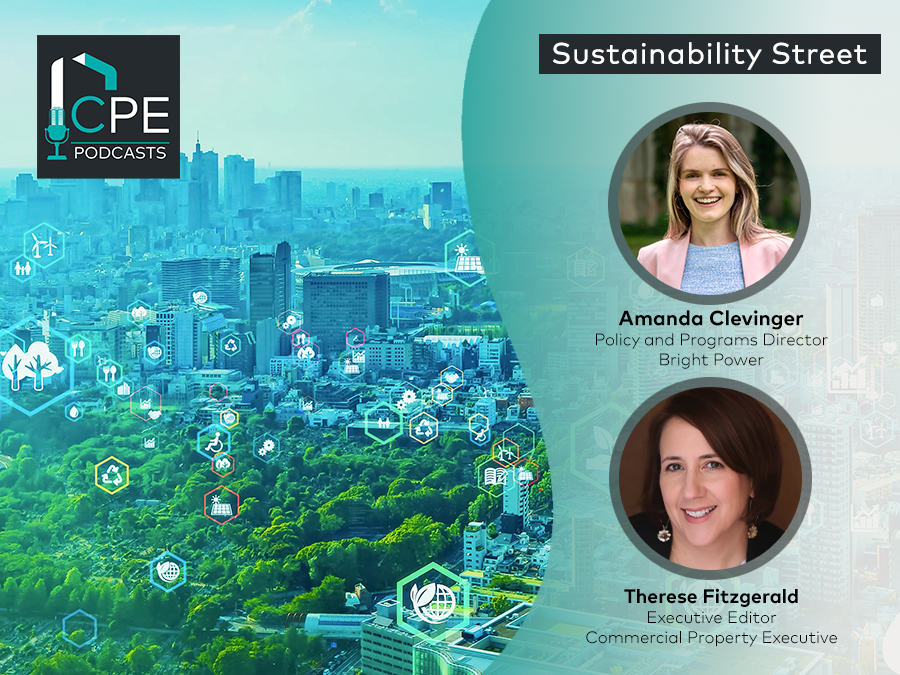

You must be logged in to post a comment.